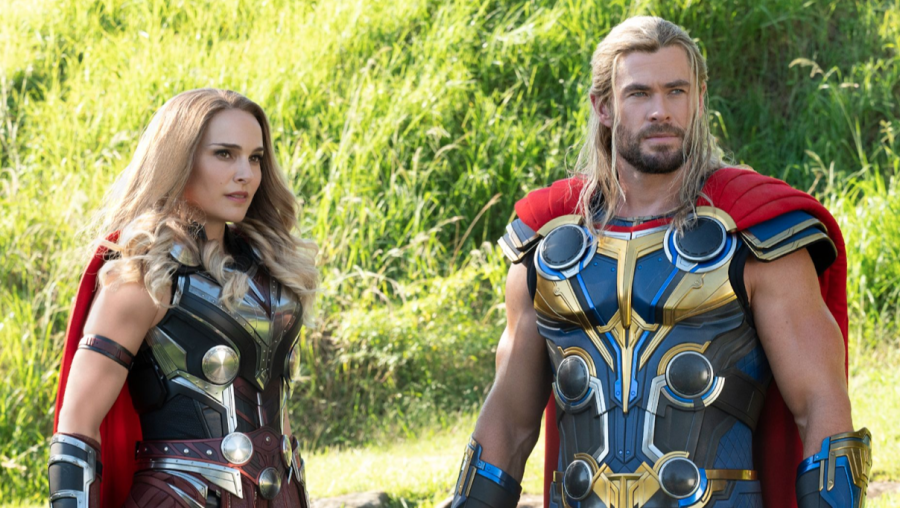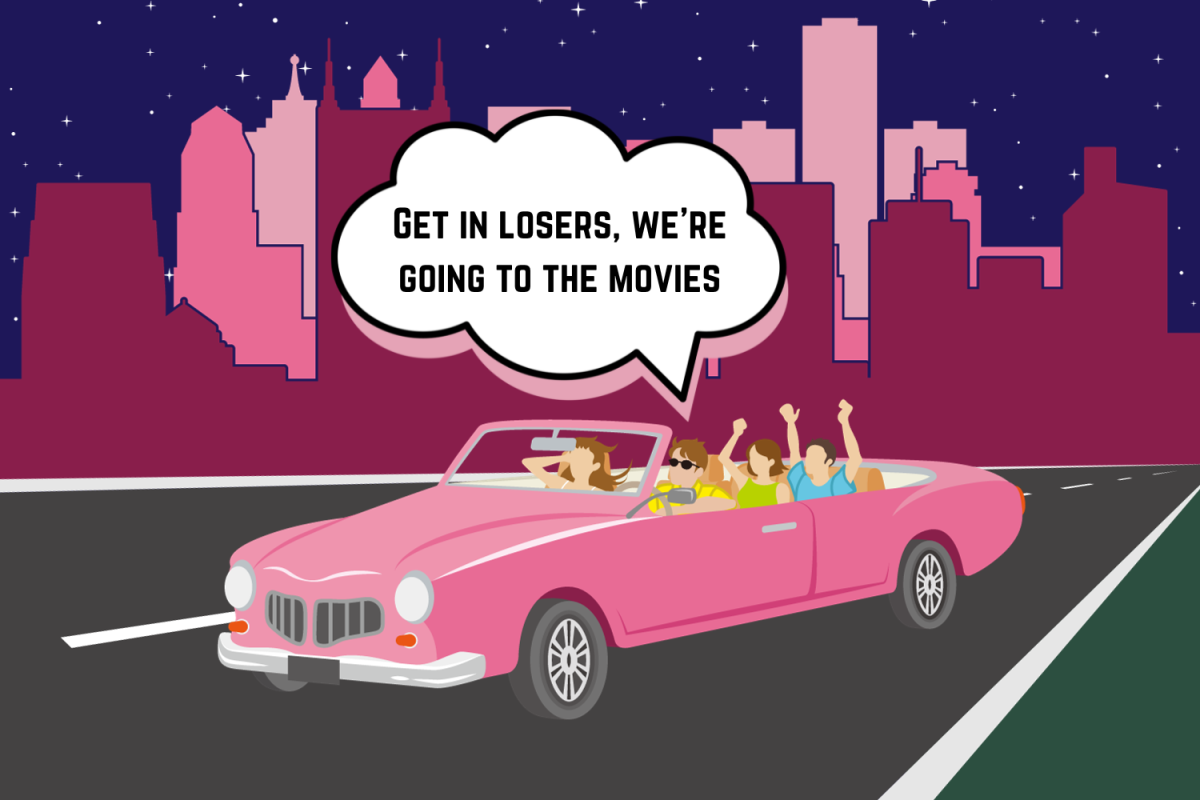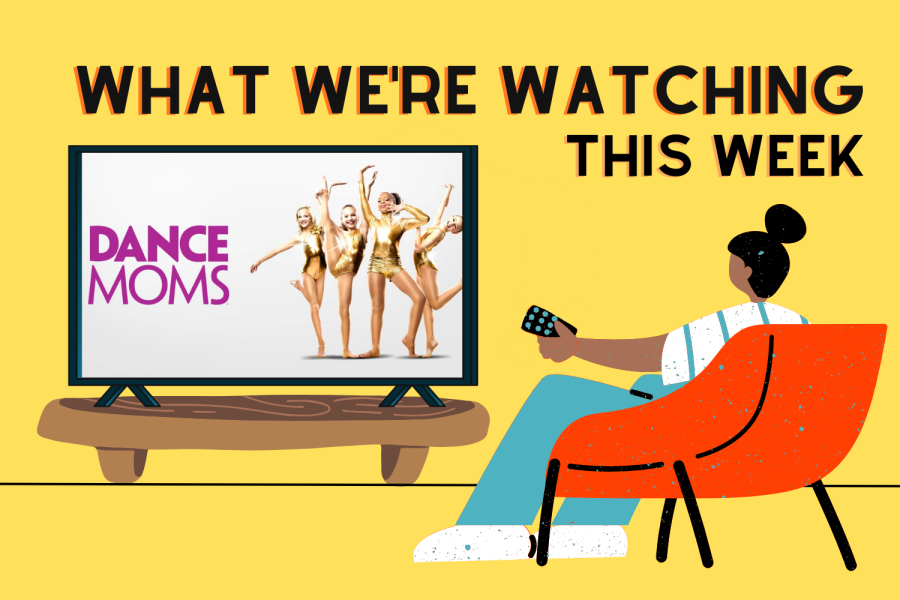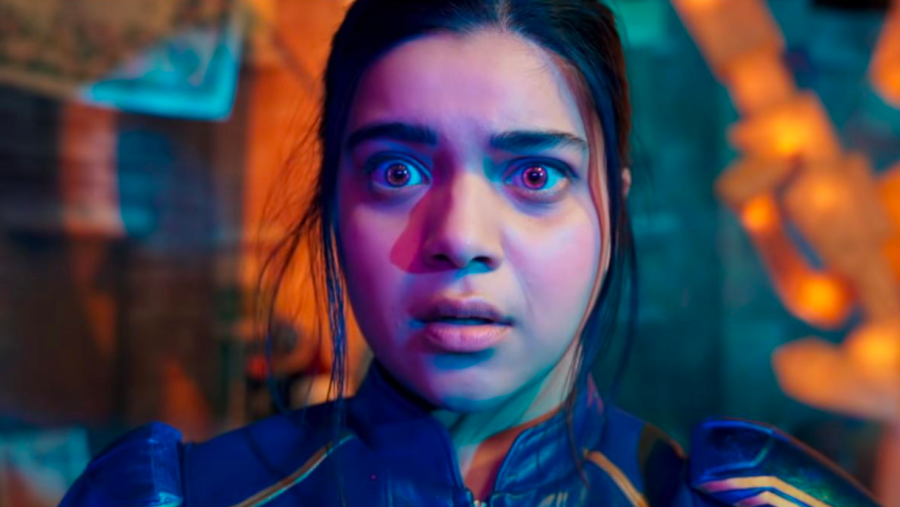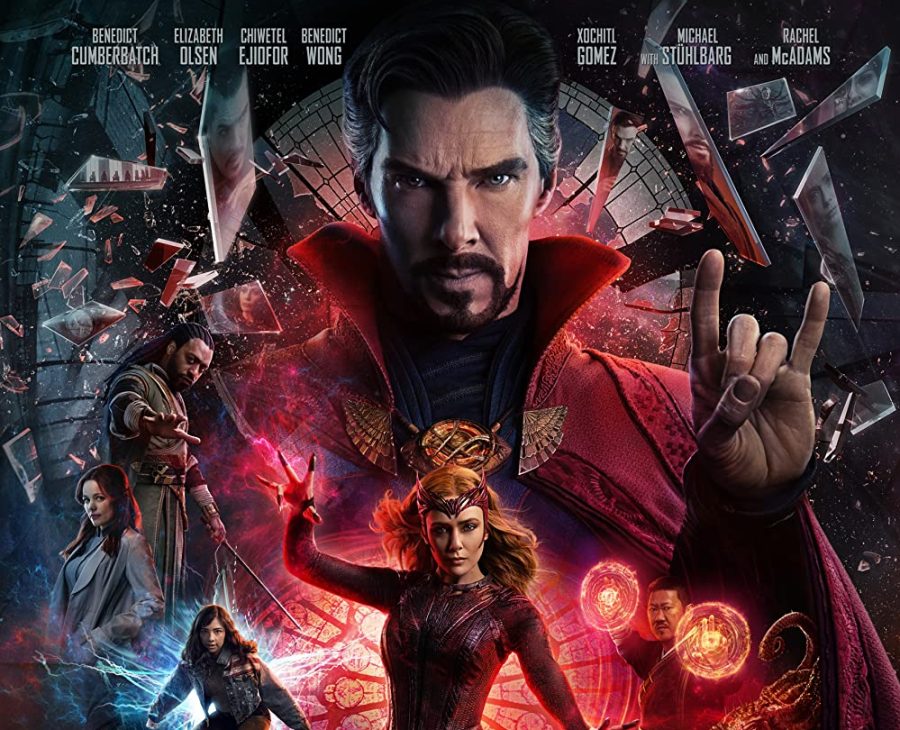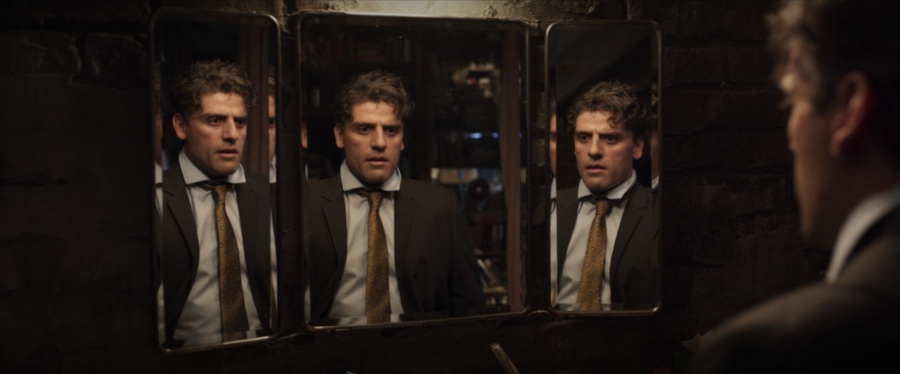“Thor: Love and Thunder” made me realize two things: I do not like kids, and the Marvel Cinematic Universe (MCU) is slowly imploding. While the former has nothing to do with the movie itself and is more so about sharing a theater with numerous annoying teens and preteens, the latter is the main conclusion I drew from Marvel’s latest attempt at expanding its already-bloated cinematic universe.
The fourth installment in the Thor series, “Love and Thunder,” is the search for an emotional connection at its core. After continuously losing loved ones movie after movie, Thor (Chris Hemsworth), rightfully fears the loss that comes with attachment, and thus, avoids it altogether. To take his mind off that evasion, he travels the universe with the Guardians of the Galaxy (who make a short but annoying appearance in the first ten minutes), saving planets from unwelcome adversaries and patting himself on the back with long, boastful speeches to those who need saving. This peaceful but empty existence, though, ends when a new villain takes the stage. Gorr the God Butcher (Christian Bale) is adequately-named—he wants to kill all the gods after one refuses to help his dying daughter.
The result? A team-up consisting of Thor, the lovable king Valkyrie (Tessa Thompson), the comic relief Korg (voiced by Taika Waititi) and—drum roll—Dr. Jane Foster (Natalie Portman), now equipped with the powers of Thor after Mjolnir’s mystical powers save her from stage 4 cancer. Oh, and two goats that keep yelling. Why? Don’t ask me.
Before we get into the rest of the movie, I would like to preface my review with a disclaimer: My enjoyment of the movie was hindered by the aforementioned kids who laughed the entire time at seemingly nothing, kept playing music until the entire theater yelled at them and attempted to AirDrop my friend pictures more than once. However, my criticism of the movie is still genuine.
“Love and Thunder” is nothing if not fun. It is quirky, action-packed and is a perfect homage to Guns n’ Roses (as “Ragnarok” was to Led Zeppelin) with its several montages featuring the classic rock band’s discography. The problem with the film actually stems from how fun it tries to be, leaving no space for emotional nuance or interesting character development—which would be acceptable if it didn’t switch gears halfway through and ask us to care about the situations it throws at us. Waititi’s style of comedy and visual appeal, which made me fall in love with my favorite Marvel movie, “Ragnarok,” is not exactly as attractive when forced upon us in every other line and scene.
I must admit: I did enjoy some aspects of this movie’s humor, such as the recurring bit of Mjolnir being jealous of Thor’s new weapon, Stormbreaker. Hemsworth is genuinely good at comedic timing and his classic Thor-esque quips made me laugh out loud a couple of times. Korg, however, the one we usually turned to for laughs in “Ragnarok,” did not quite stick the landing with his constant aloof comments. Instead, he became a character that was just there. His lack of powers and contribution even raise the question of why he has such a prominent role in the film in the first place. It’s certainly not for comic relief!
Amid all of the action (which is entertaining, per MCU standards) and comedy is an emotional story of attachment and the yearning for connection. As Starlord (Chris Pratt) remarks in his brief cameo, and I heavily paraphrase, “It’s better to feel sh*tty about something than to feel nothing.” Thor feels empty, and throughout the movie he learns to love again through his relationship with Jane, finally accepting loss as a natural part of caring about someone. This underlying theme would perhaps carry impressive weight if the entire thing wasn’t spoon-fed to us as if we were reading a children’s book.
The highlight of the movie for me, as now expected from every performance of his, was Bale’s portrayal of Gorr. The grieving father turned deranged seeker of revenge is apparently another character Bale knocks out of the park, because I’d be lying if I said I didn’t get goosebumps from how he talks and slithers through scenes. He is one of the very few redeeming, fresh aspects of a movie which mostly lacks originality.
My main quarrel with MCU movies in general is how they employ deus ex machinas at every turn, especially noticeable in “Doctor Strange in the Multiverse of Madness” and “Love and Thunder.” Every single time that there is a universal threat, a neatly-packaged solution that had previously never been mentioned appears. This movie proved to me that producer Kevin Feige did not plan how expansive and complicated the MCU would become and, therefore, leaves us with contrived plot resolutions with each new release. In every movie, we are introduced to a new, undeveloped, powerful plot device that somehow only pops into existence for said movie and, thus, causes inconsistencies with both previous and future movies. This pattern also immensely lowers the stakes of the MCU’s plots, as I always (correctly) expect there to be a new detail that just solves everything, which in turn lowers my empathy and worry for the characters. There are many such examples in “Love and Thunder,” but I do not want to spoil much, so I implore you to look out for them while you watch.
To top it all off, the post-credit scenes, another Marvel signature (which have become a laughingstock and, in my opinion, rightfully so), were not worth the wait. In “Love and Thunder,” we again find ourselves being introduced to a never-before-seen character that will apparently antagonize the next batch of superheroes to be thrown at us in Phase 4. I am especially annoyed because the character is—slight spoiler alert— Hercules. Yes; the Hercules. The strong guy from Greek mythology. I give up.
As the demographics of the theater in which I watched “Love and Thunder” shows, the main fanbase of the MCU is mostly teens who just enjoy the spectacle and swagger of the powerful and charismatic superheroes and supervillains of the Marvel canon. So maybe I am wrong for getting annoyed at how childlike and nonsensical it was because the movie mostly caters to kids. My problem with this focus, however, is how seriously MCU stans, most of which are definitely not kids, defend these movies as if all their plot holes, problems and cliches aren’t visible from outer space. If these people treated these movies purely as fun, entertaining movies and nothing more, I would agree. “Love and Thunder” is fun and I would happily watch it again. But it is not an example of good filmmaking.
The reason I am concerned about Marvel being put on a pedestal is because of Disney’s monopoly over the film industry. As long as the MCU stays relevant, Disney will do all they can to make their films more accessible at the expense of other smaller movies. Thanks to the ever-expandable nature of a multiverse, Disney will keep releasing these connected movies (which conveniently require you to watch every previous movie), thus, damaging the success of fresh, original filmmaking. Don’t believe me? Read my Hustler colleague Wiliam Yuk’s take on this multiversal mess or watch how Disney’s method of distribution is destroying movie theaters and other movies in a horridly capitalistic fashion.
Overall, “Thor: Love and Thunder” is okay. It is contrived and formulaic but fun on the surface. Ignore all of my comments if you are looking for a way to shut your brain off and enjoy media; this is the movie for you. And I can’t blame you for doing that, but for me, my criticisms unfortunately trump the shallow entertainment that this movie provides.

